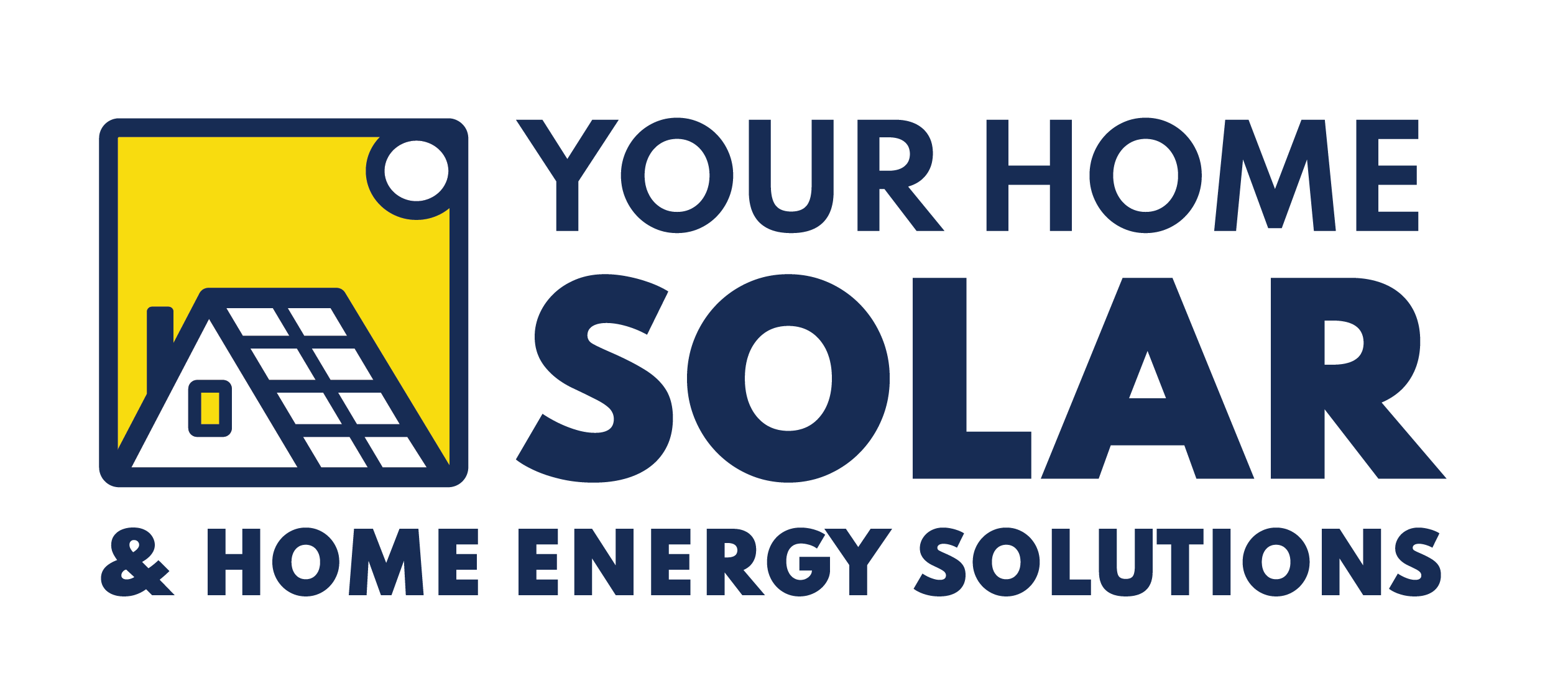Introduction to Solar Energy
At Your Home Solar, we believe in the power of the sun to provide clean, renewable energy to homeowners in East Tennessee. We’re here to help you understand the basics of solar energy, the pros and cons, and the different types of solar power systems available to you. Let’s dive in!
Basics of How Solar Energy Works
Solar energy is a form of renewable energy that harnesses sunlight to generate electricity. But how does this process work?
The magic begins with solar cells, the key components of solar panels. These cells are made of semiconductor materials, usually silicon, which absorb sunlight. When the sunlight hits a solar cell, it knocks electrons loose from their atoms. This movement of electrons generates a flow of electricity, known as direct current (DC) electricity.
However, our homes use alternating current (AC) electricity. That’s where the solar inverter comes in. This crucial piece of equipment converts the DC electricity produced by your solar panels into AC electricity, which can be used to power your home.
And voila! The sun’s energy has been transformed into usable electricity, ready to power everything from your kitchen lights to your electric car.

Advantages and Disadvantages of Solar Energy
Like any energy source, solar energy has both advantages and disadvantages. Let’s start with the good news.
Advantages of Solar Energy
Renewable and Sustainable
Solar energy is a renewable resource, meaning it won’t run out as long as the sun is shining. It’s also a sustainable energy source that can help reduce our reliance on fossil fuels and contribute to a cleaner, greener future.
Saves Money
After the initial investment in solar panels and installation, the energy they produce is free. This can result in significant savings on your electricity bills.
Energy Independence
With solar panels, you can generate your own electricity and become less dependent on your utility company. This can be particularly beneficial in the event of power outages or rising energy prices.
Disadvantages of Solar Energy
Initial Cost
Dependence on Weather
Space Requirements
Disadvantages of Solar Energy
Different Types of Solar Power Systems
There are three main types of solar power systems: grid-tied, off-grid, and hybrid.
Grid-Tied Systems
Grid-Tied Systems with a Battery Backup (also known as hybrid systems)
Off-Grid Systems
Empower Your Home with Solar Energy in East Tennessee!
Your Home Solar offers an incredible opportunity to empower your home with clean, renewable solar energy. Contact us today for a free consultation.
